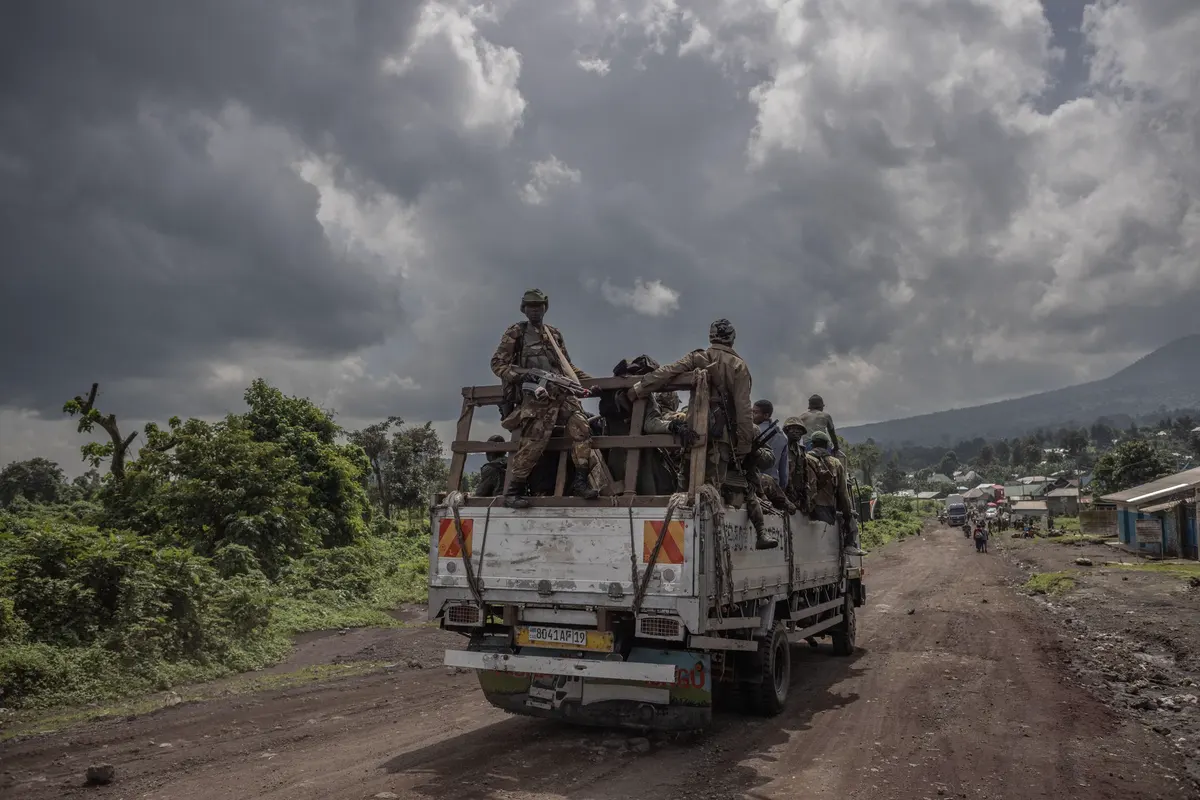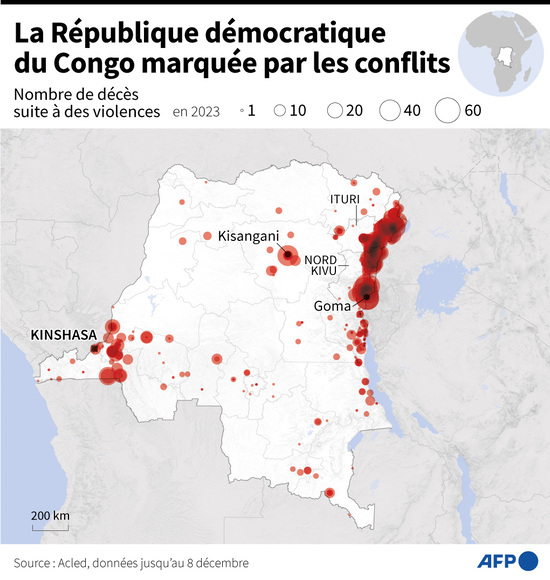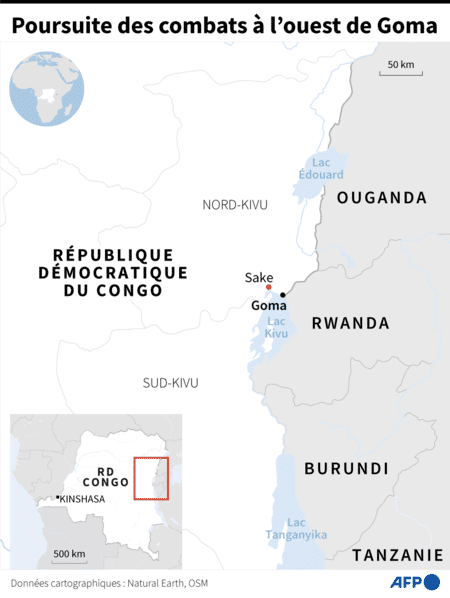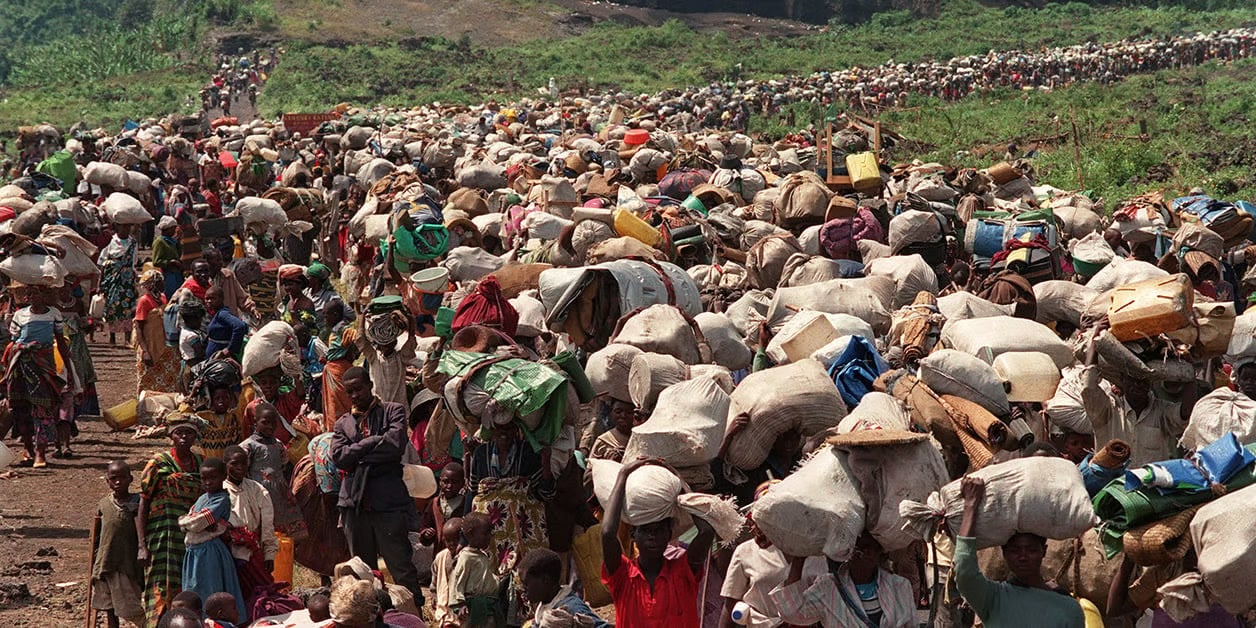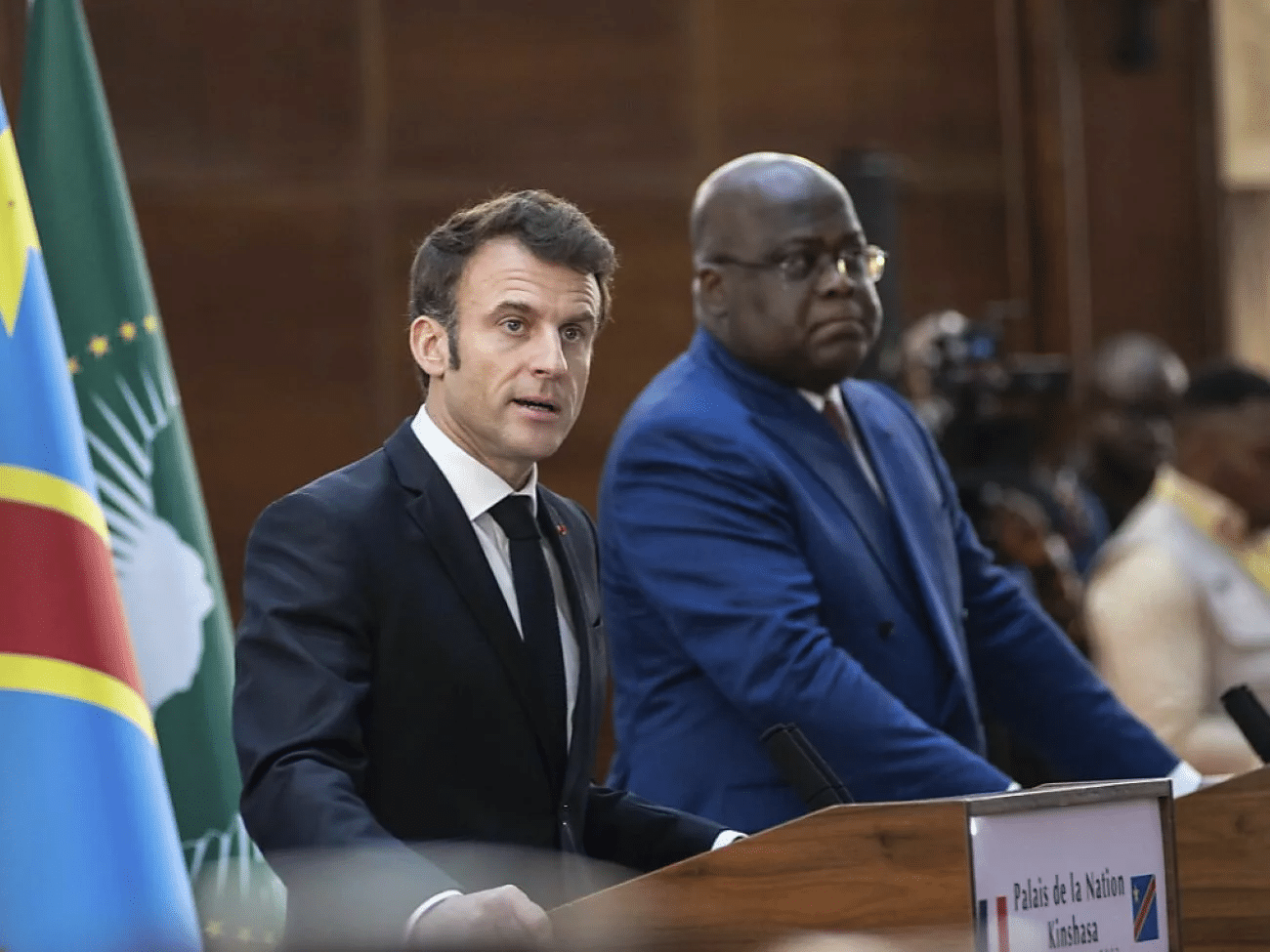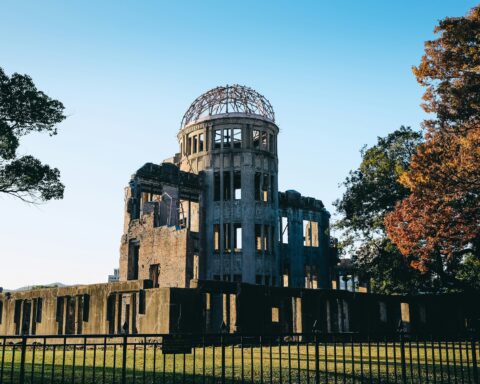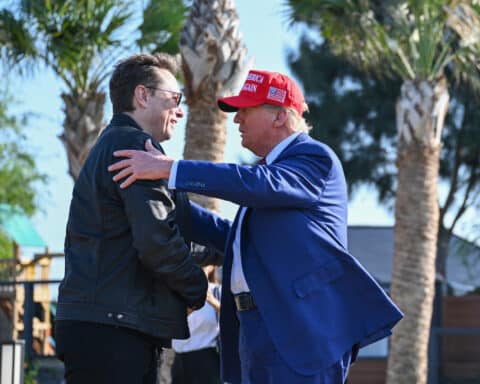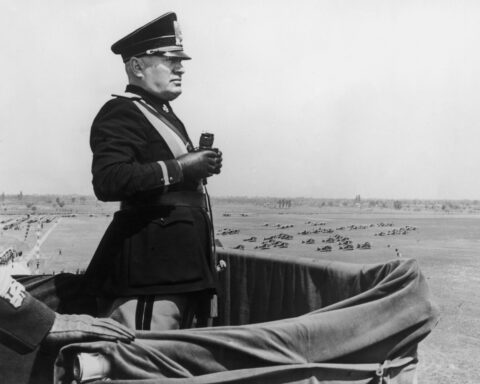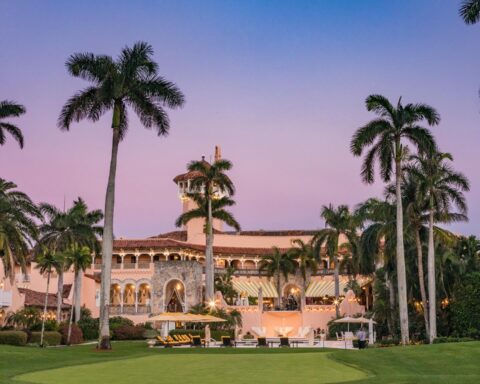For over a decade, armed conflict has been tearing apart the provinces of South and North Kivu in the Democratic Republic of Congo (DRC). With the emergence of the M23 rebel group and recent accusations of support from Rwanda, the conflict risks spreading to its African neighbors. At the same time, cooperation agreements on raw materials between the European Union, the DRC and Rwanda are stirring up controversy, fuelling tensions in a region already tested by multiple tragedies.
Since 2004, armed conflict has ravaged the provinces of South Kivu and North Kivu in the east of the Democratic Republic of Congo (DRC), resulting in the internal displacement of almost 7 million people, according to a report by the International Organization for Migration (IOM) published in October 2023. The human toll is incalculable, but it is estimated that millions of people have lost their lives as a result of the political instability that has plagued the region since the late 1990s.
Last February, the fiercest fighting took place mainly around Sake, a town located in Masisi territory, some twenty kilometers west of Goma. Sake is considered a major strategic position on the road to the provincial capital.
However, in early March, the rebels relaunched an offensive some 70 kilometers north of Goma and the neighboring territory of Rutshuru, which they largely control.
After eight years of inactivity, the M23 (“March 23rd Movement”), a rebellion composed mainly of Tutsis, took up arms again at the end of 2021. With the support of the Rwandan army, the rebels have conquered vast territories in North Kivu, a province bordering Rwanda and Uganda, covering almost 60,000 square kilometers and divided into six territories.
The shadow of the Rwandan genocide
Faced with this complex geopolitical situation, it is imperative to shed light on this war, which is relegated to the background on a global scale, in a region already tested by multiple tragedies in recent decades. The genocide of the Tutsis in Rwanda in 1994 is a major event in this regard. During this period, the Hutus, who were in the majority in Rwanda, perpetrated mass massacres against the Tutsis, who were accused of having caused the crash of the presidential plane on April 6, 1994, resulting in the deaths of Rwandan President Juvénal Habyarimana and Burundian President Cyprien Ntaryamira. Ethnic tensions triggered a genocide that claimed the lives of some 800,000 people in just 100 days, also involving moderate Hutus.
The genocide ended with the intervention of the Rwandan Patriotic Front (RPF), a Tutsi political party led by its commander Paul Kagame, current President of Rwanda. As a result of the genocide, a million Hutus fled to Zaire (now the DRC) to escape RPF reprisals.
France played a controversial role in this period. Although it attempted to put an end to the massacres with Operation Turquoise, its involvement remains open to debate. Meanwhile, a political recomposition took place in the DRC with the overthrow of Mobutu Sese Seko by the Alliance des forces démocratiques pour la libération du Congo (AFDL) in 1997, leading to the ascension of Laurent-Désiré Kabila to the country’s presidency.
Collaboration between Kabila and the Rwandan government was crucial to the overthrow of Mobutu, but relations later deteriorated, particularly between Laurent-Désiré Kabila’s son Joseph Kabila and Paul Kagame. Tensions escalated, partly due to the presence of Rwandan refugees in the DRC, which Joseph Kabila saw as an extension of Kigali’s power in the east of his country.
Violent action by the M23
Despite a peace agreement signed on March 23, 2009, clashes persisted, exacerbated by Rwanda’s exclusion from the peace talks, which heightened tensions between the armed groups. The rebel movement M23 (for “March 23rd Movement”), which emerged in 2012, has its roots in this dynamic. Composed mainly of Tutsis, it opposes the DRC’s Armed Forces, while the Forces Démocratiques de Libération du Rwanda (FDLR), formed by former Hutu leaders, is also active in the conflict in North Kivu.
Allegations of Rwandan support for the M23 persist, although President Kagame firmly denies them. Félix Tshisekedi, re-elected president of the DRC in 2023, refuses to take part in negotiations as long as Rwandan soldiers remain on Congolese territory, underlining the urgency of the situation as the M23 threatens the city of Goma.
According to United Nations data, between 1998 and 2013, some 200,000 women were victims of sexual violence in the region, an alarming figure that testifies to the scale of the atrocities committed. The situation is all the more critical now that the M23 is threatening to seize Goma. Faced with this situation, the Congolese army, overwhelmed on the ground, is forced to collaborate with private militias, thus aggravating the violence, as revealed by the Human Rights Watch report in 2023.
The United States, the European Union and France have officially recognized and condemned Rwanda’s support for the M23 rebel group active in the east of the Democratic Republic of Congo (DRC). The Congolese authorities see this international stance as a significant step forward. However, they feel that it is not enough to put an end to Rwandan support for the M23, and are therefore calling for tougher sanctions against Kigali.
War for coltan
Since 2004, the persistent war in the Kivu region has been the scene of numerous clashes between the various armed groups. Mineral wealth, particularly coltan, has fuelled the economic stakes that have partly motivated this war in the country’s eastern provinces.
Abundantly present in the soils of the DRC, and particularly those of the Kivu region, coltan (French for colombite-tantalite) is a mineral considered a strategic metal. It is mainly used in the manufacture of capacitors for electronic equipment, but is also used in the composition of cobalt and nickel alloys in the aerospace industry, particularly in the manufacture of jet engines. It is also used as a coating in heat exchangers and in alloys for cutting and turning tools.
The devastating effects of this conflict are having a major impact on the local civilian population. Despite its proximity to the Congo River and its tributaries, Brazzaville, the capital of the Democratic Republic of Congo (DRC), is facing a serious water supply crisis. Residents are facing an unprecedented shortage, having been deprived of running water for several days, or even months, depending on the district. The situation is made even more difficult by the current unbearable heat waves. No official explanation has been given for this alarming situation.
Large-scale displacement of civilians is also taking place. At the beginning of March, an offensive launched by the M23 rebellion led to a massive exodus of civilians, concentrated mainly in eastern DRC. On Wednesday March 6, the UN Office for the Coordination of Humanitarian Affairs (OCHA) estimated that over 100,000 people had been newly displaced by the fighting, which has since continued in Rutshuru territory.
Cooperation agreements on raw materials
Following the signing of a European investment plan on raw materials between the European Union and the DRC in October 2023, a similar memorandum of understanding was signed with Rwanda on February 19. The aim of these agreements is to “develop skills in the mining sector and improve transparency and traceability”.
According to the Congolese Ministry of Foreign Affairs, this latest agreement is seen as encouraging Rwanda to plunder the country’s resources, running counter to the EU’s stated efforts to help resolve the crisis in eastern DRC. “The government expects the European Union authorities to clarify this ambiguous behavior at a time when they are constantly affirming their willingness to contribute to ending the security crisis in eastern Congo, as well as the illicit exploitation of its natural resources”, declared the head of Congolese diplomacy, Christophe Lutundula.
Congolese diplomats also stressed that Rwanda is not a producer of strategic minerals, and that several investigations have confirmed that the country obtains these raw materials from the DRC.
The European Union refuted any ill intent on its part. It stressed the usefulness of the agreement, while strongly condemning the actions of armed groups in the east of the Democratic Republic of Congo. According to Peter Stano, spokesman for Josep Borrell, head of European diplomacy, the EU is “not taking sides”. It adopts a balanced approach, and has consistently condemned the behavior of the various players in the face of the armed groups in the east of the DRC.
The European institution has also defended the agreement signed with Rwanda. Through its “Global Gateway” program, the EU is ready to work with partners willing to commit to “sustainable and responsible” projects.
Read also>WAR IN UKRAINE: TWO YEARS OF CONFLICT AT THE DOORS OF EUROPE
Featured photo : © Press




